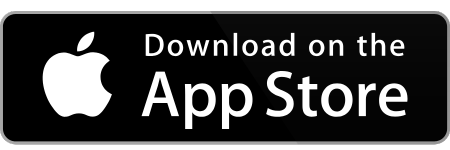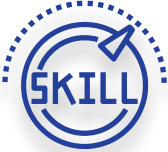In today’s hyper-connected world, communication isn’t just a soft skill—it’s a survival skill. For college students navigating academic pressures, social dynamics, and career prep, mastering communication can be the difference between being heard and being overlooked.
- Academic Success Starts with Expression
Whether it’s participating in class discussions, presenting projects, or writing research papers, students who communicate clearly tend to perform better. Strong verbal and written skills help:
– Articulate complex ideas with clarity
– Ask insightful questions
– Collaborate effectively in group assignments
– Absorb and explain subject matter with confidence
- Career Readiness Begins in the Classroom
Employers consistently rank communication as one of the top skills they seek. Students who practice it early are better prepared for:
– Interviews and networking– Workplace collaboration
– Client interactions and presentations
– Leadership roles across industries
- Collaboration and Teamwork Thrive on Communication
From campus clubs to capstone projects, teamwork is everywhere. Effective communicators:
– Listen actively and empathetically
– Resolve conflicts constructively
– Share ideas without dominating discussions
– Build trust and rapport with peers
- Critical Thinking Needs a Voice
Communication isn’t just about talking—it’s about thinking. Students who express themselves well can:
– Analyze and evaluate information
– Defend their viewpoints with logic
– Engage in meaningful debates
– Reflect and refine their own ideas
- Social Confidence and Cultural Competence
College is a melting pot of cultures, perspectives, and personalities. Communication helps students:
– Navigate diverse environments
– Build lasting friendships
– Express emotions and boundaries
– Adapt to global workplaces
Conclusion
Communication is the bridge between potential and impact. For college students, it’s not just about speaking well—it’s about being understood, respected, and remembered. So, whether you’re pitching a startup idea, writing a resume, or simply introducing yourself in a new class, your words matter.







